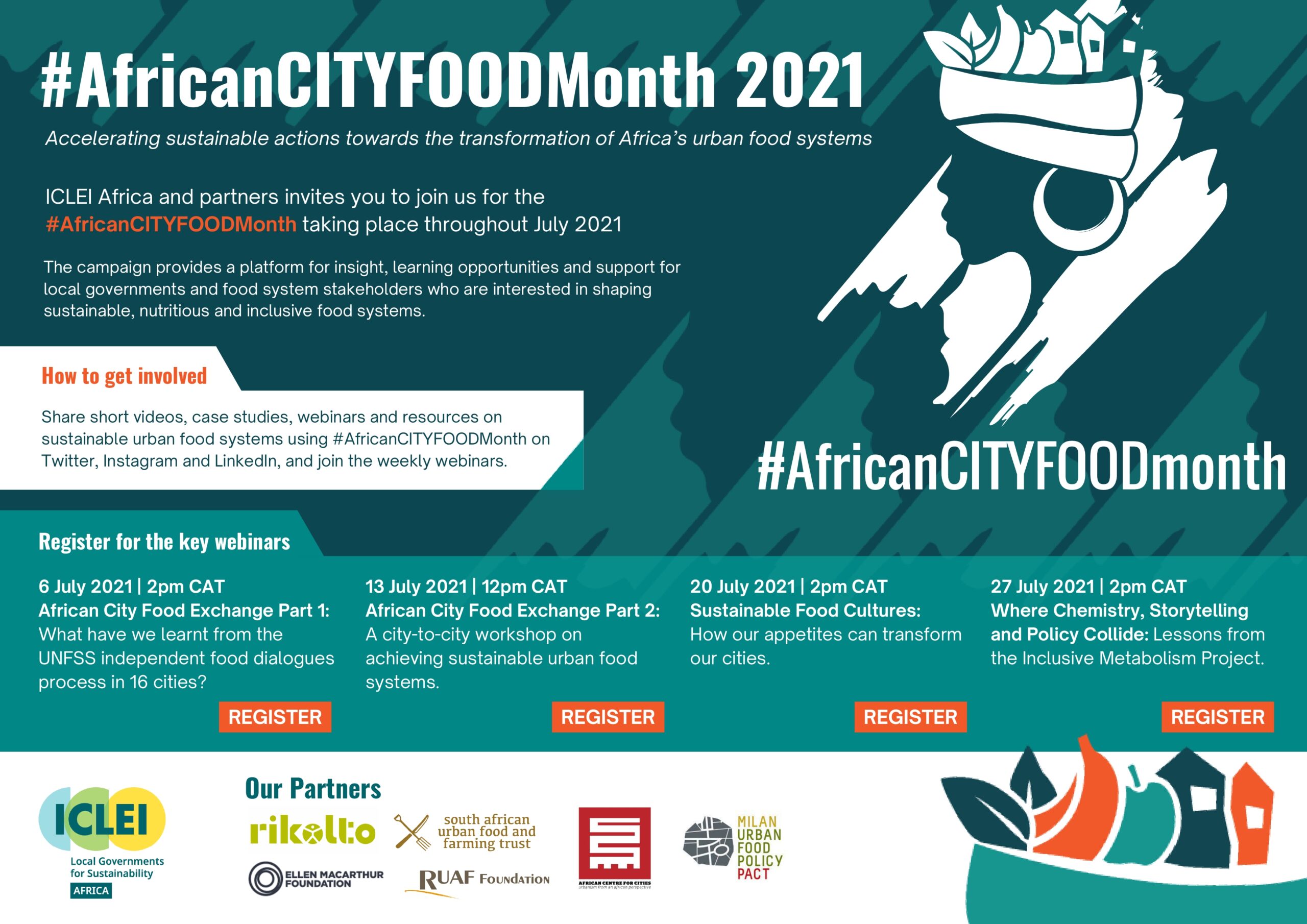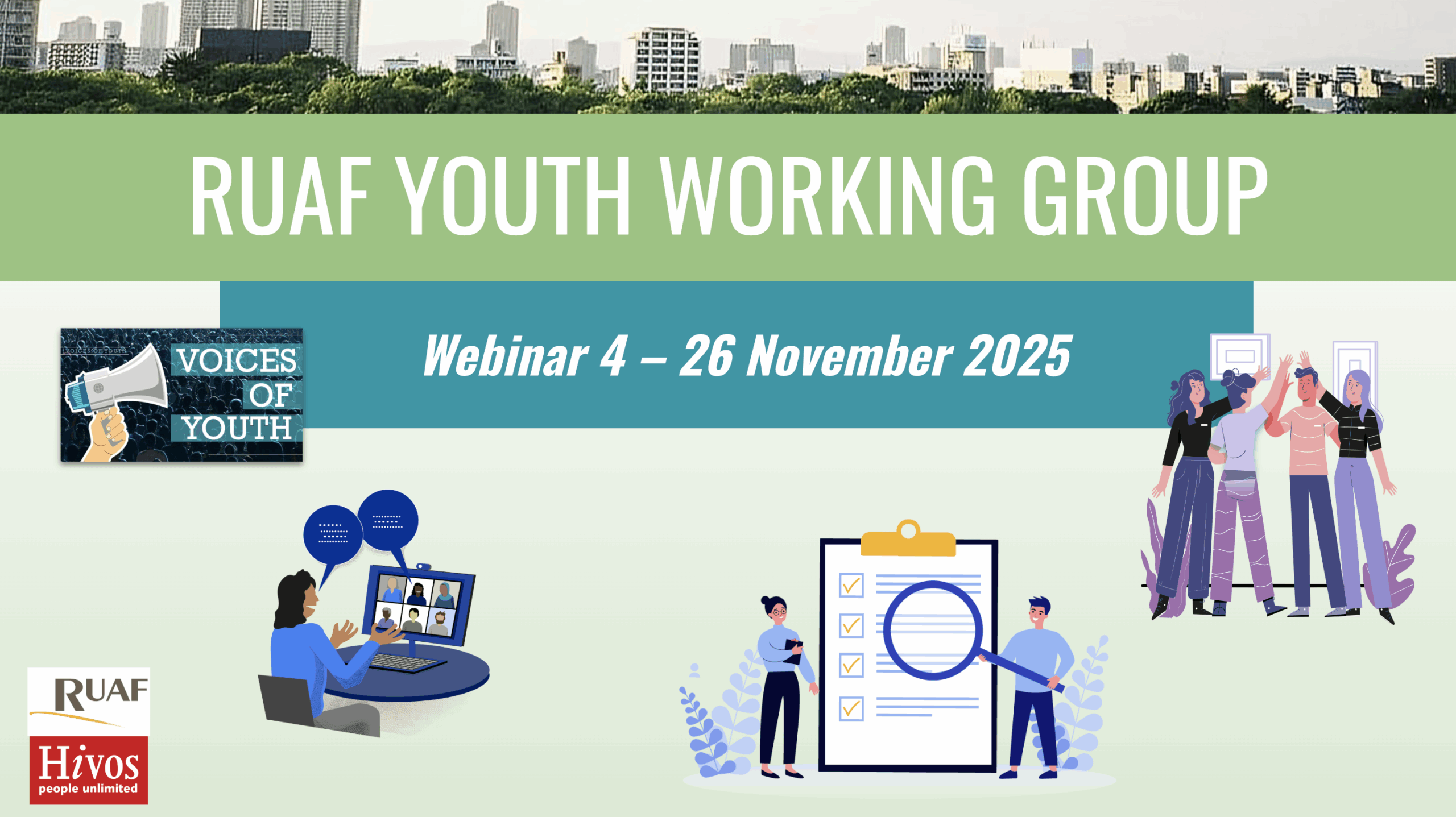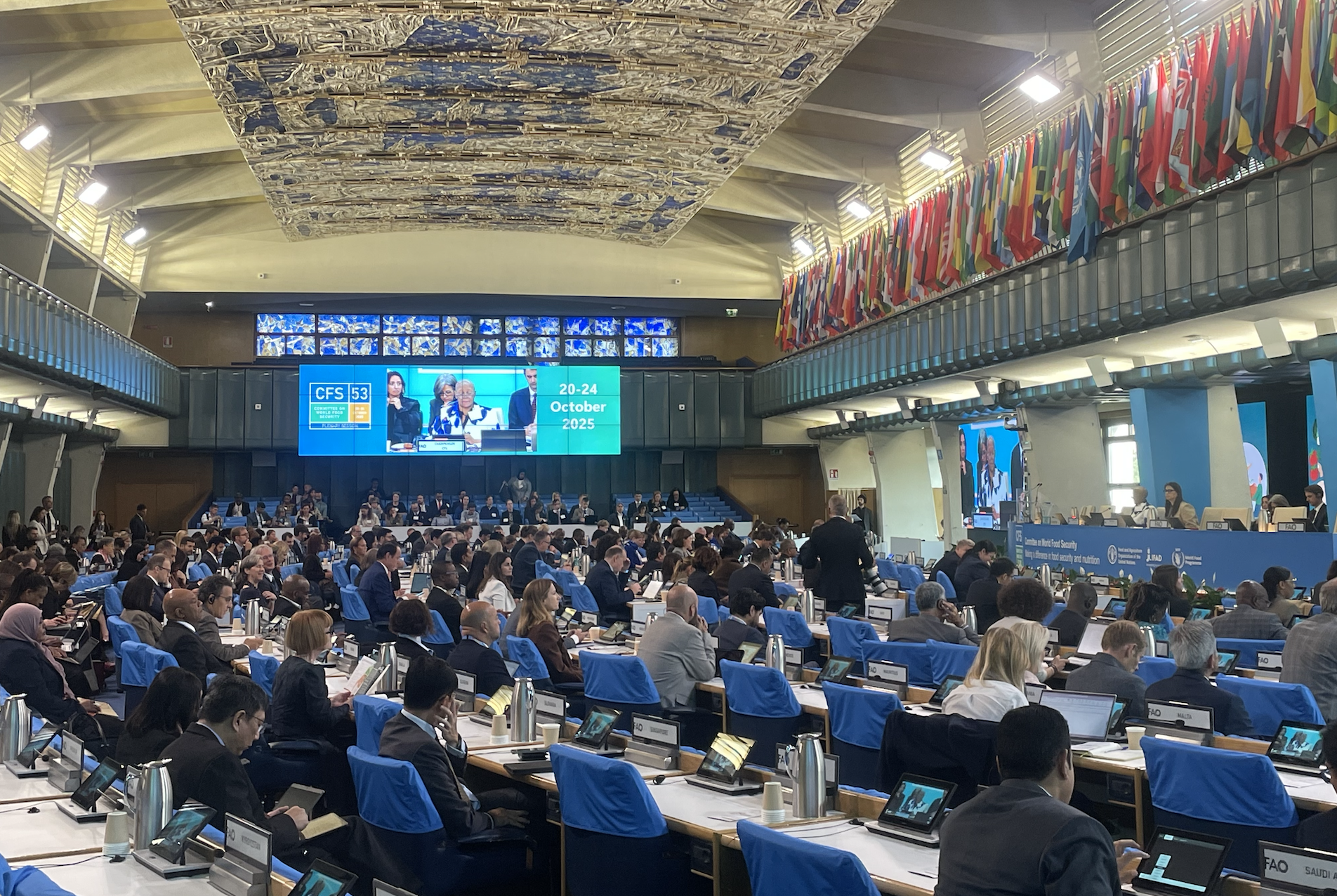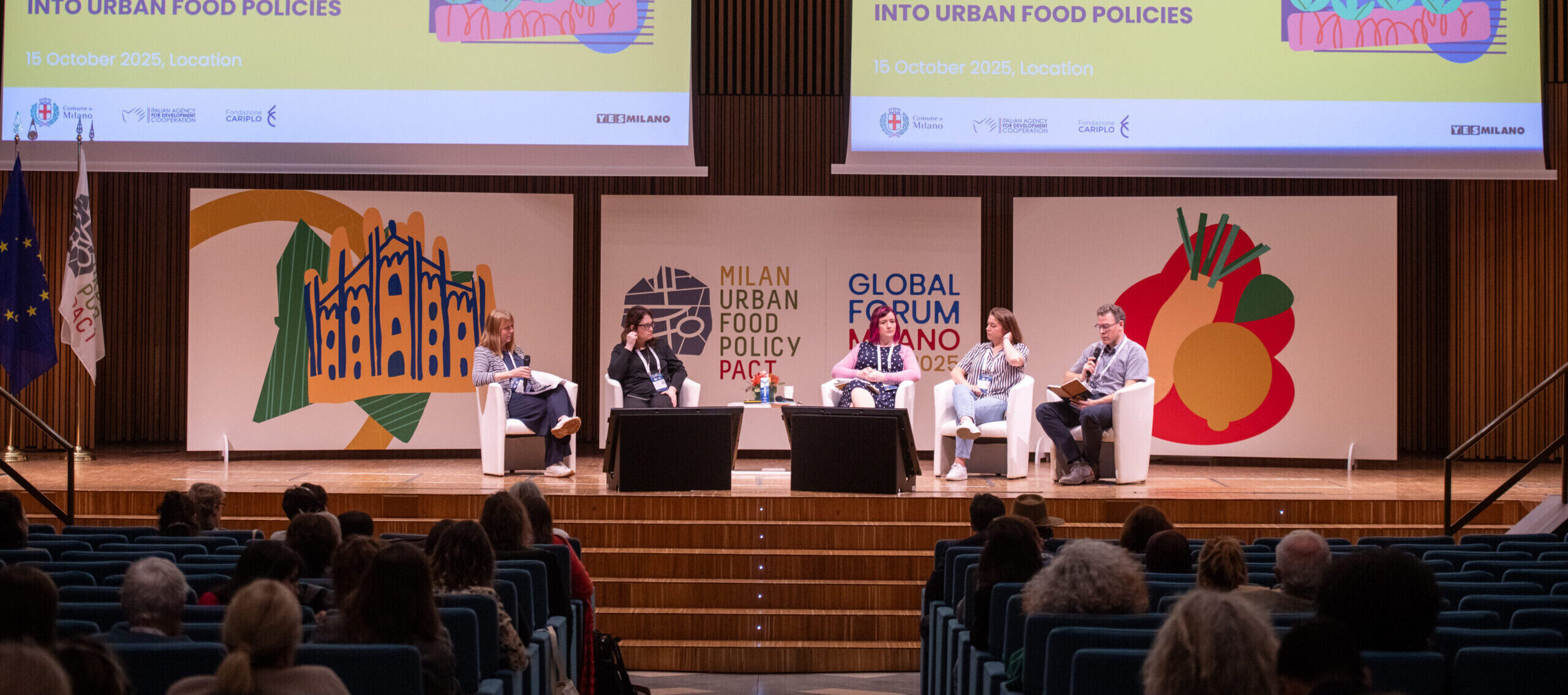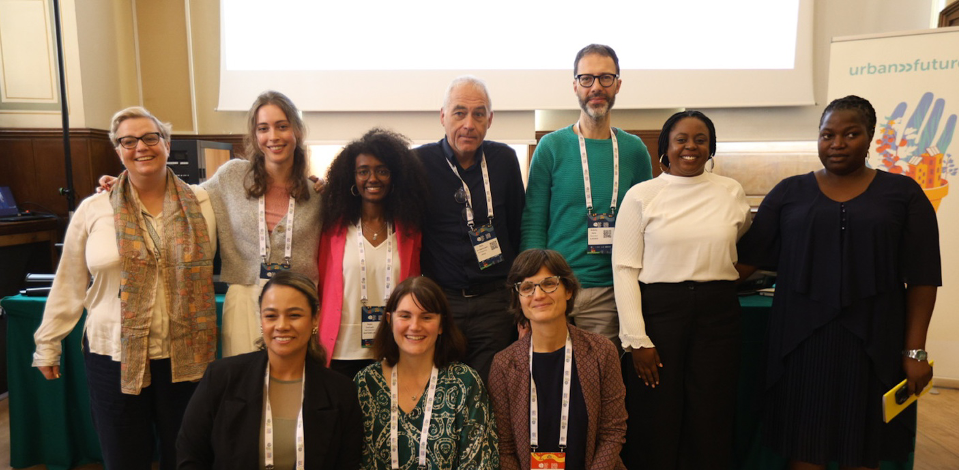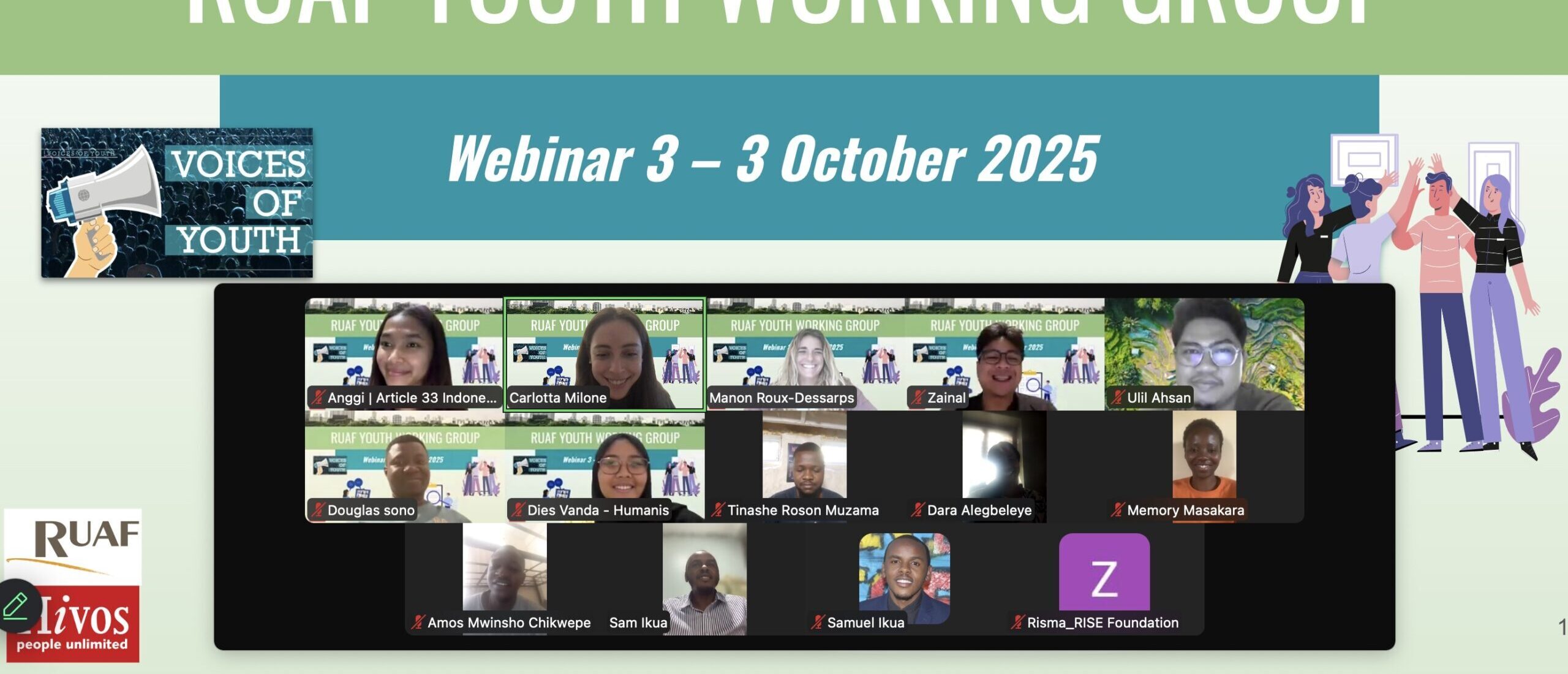RUAF is proud to be a partner in the second #AfricanCITYFOODMonth, and will be actively participating in events and discussions throughout the month of July.
RUAF and ICLEI started the global CITYFOOD network in 2013 in response to the request by cities for support in the improvement of the resilience of urban food systems. Following several workshops and exchange visits between African cities, AfricanCITYFOOD Month, co-organised by ICLEI and FAO, and supported by RUAF, has emerged an important annual event, and a place for sharing, learning, and forging connections across the continent.
The #AfricanCITYFOODmonth campaign
Every July, the annual #AfricanCITYFOODmonth campaign highlights diverse, innovative and evolving African urban food systems. The campaign provides a platform for insight, learning opportunities and support for local governments and food system stakeholders who are interested in shaping sustainable, nutritious and inclusive food systems.
Urban food systems in the decade of transformation
Food is a strong connector. It connects people through socialising, community building, learning, and re-connecting to the local environment. It also connects cities with their hinterlands, and with other cities and districts. We have seen the importance of these local connections in the past 18 months, across Africa and across the world, as they have been key to ensuring access to healthy and nutritious food throughout the pandemic crisis.
Food is also a connector of the Sustainable Development Goals, as a common thread that runs through many – if not all – of the wicked problems they strive to address. Sustainable, resilient food systems – at local/city, regional, national, and international levels – have the potential to drive action and progress towards realising multiple SDGs.
Promoting sustainable food systems is even more relevant this year, the year of the UN Food Systems Summit. Together with FAO and ICLEI, and others involved in the International Working Group on Urban Food Systems, RUAF partners have been highlighting the importance of taking on board the many existing experiences and game-changing ideas to enhance the resilience of urban food systems, and the need for participation of citizens, particularly women and youth. After the Summit partnerships and cooperation between cities and key actors will be more crucial than ever to maintain the momentum to transform urban food systems in cities.
#AfricanCITYFOOD Month is an opportunity to showcase these experience and ideas, and to start planning concrete actions to make a substantial difference to urban residents at this pivotal moment in history.
RUAF participation in AfricanCITYFOOD Month
RUAF partners and staff will attend many of the programmed events throughout AfricanCITYFOOD Month, and will share experiences and resources for the benefit of participants.
- As host of the RUAF Secretariat, Hivos will share its experiences with Food Labs, and ongoing work under the HealthyFoodAfrica project.
- FAO and RUAF will present the City Region Food Systems (CRFS) toolkit, including an assessment of vulnerabilities to climate change and pandemics.
- RUAF will present the recently published Monitoring Handbook, as a result of collaboration with MUFPP and FAO to develop a wide set of indicators that can be used by cities to assess the status and performance of the CRFS, identify priority areas for action and strategic local planning, and communication with its citizens.
This work, and more currently in progress, will be shared later this year through our website and the forthcoming Urban Agriculture Magazine, which will look ahead to the pressing issues on the agenda in this decade of transformation.
We hope that these resources will prove valuable to participants in AfricanCITYFOOD Month, as they forge their own connections to continue together in this transformation.
How to get involved
Share your food stories, learnings, videos and resources on sustainable urban food systems using the hashtag #AfricanCITYFOODMonth on Twitter, Instagram and Linkedin, and join the weekly webinars. For more information, visit this page. To learn more about partners: here.

